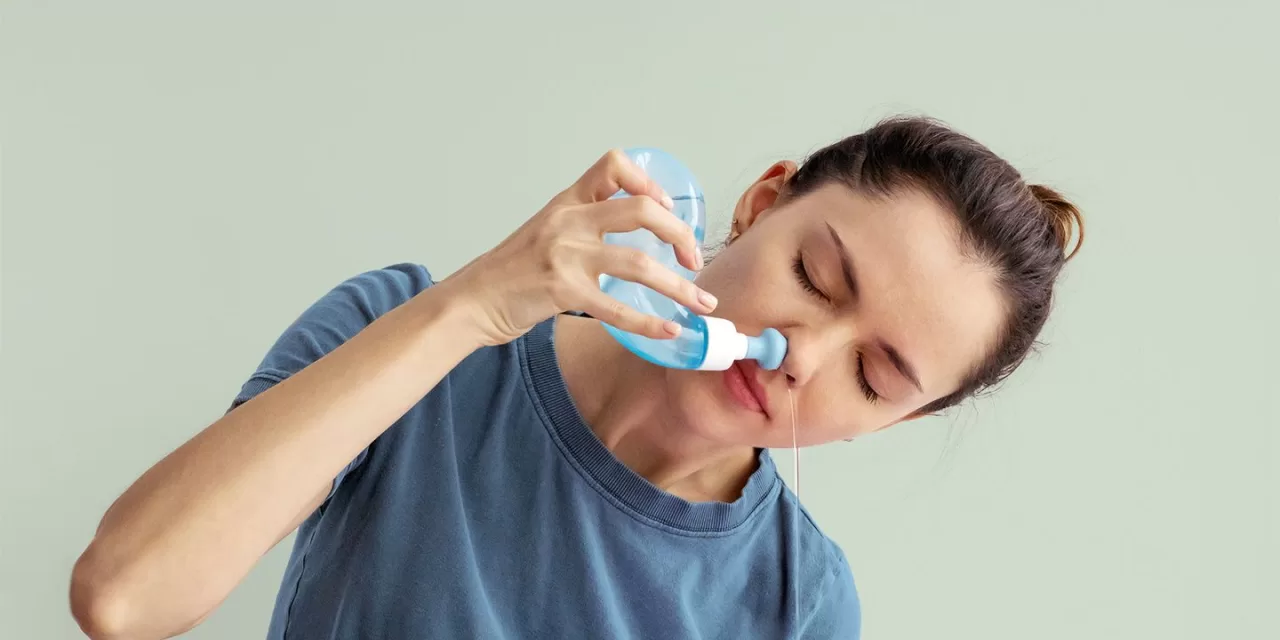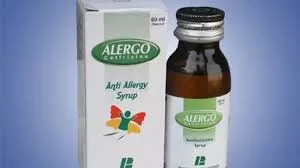A new study has highlighted the dangers associated with using unsanitized tap water for nasal rinsing, shedding light on the potential risks of a common practice that many Americans may not fully understand.
According to the study, nearly two-thirds of surveyed Americans mistakenly believe that it’s safe to use water straight from the tap for nasal irrigation. However, recent findings suggest otherwise, with ten individuals who used tap water for nasal rinsing developing rare infections caused by acanthamoeba, a type of amoeba. Tragically, three of these individuals succumbed to their infections.
Nasal rinsing, also known as nasal irrigation, involves using a neti pot or squeeze bottle to clear the sinuses. While this practice can offer health benefits by thinning nasal mucus and removing irritants, using unboiled tap water can pose serious risks.
Dr. Julia Haston, lead author of the study and a medical epidemiologist at the Centers for Disease Control and Prevention (CDC), emphasizes the severity of these infections. While invasive acanthamoeba infections are rare, they can be fatal, particularly for individuals with weakened immune systems.
The study underscores the importance of using sterilized water for nasal rinsing, which includes boiled tap water or distilled bottled water. Dr. Anthony Del Signore, an expert not involved in the study, advises patients to boil tap water to remove impurities and sterilize it before nasal irrigation.
Despite the infection risk, nasal rinsing can offer relief for acute and chronic sinus symptoms, allergies, and upper respiratory infections. Dr. David Rabago, a professor of family medicine, highlights the benefits of nasal irrigation when done properly, recommending it as a routine hygiene practice alongside brushing teeth and washing hands.
While nasal rinsing can be an effective therapy, the study’s findings serve as a crucial reminder to prioritize safety by using sterilized water. By following proper precautions, individuals can continue to enjoy the health benefits of nasal irrigation while minimizing the risk of rare but serious infections.












